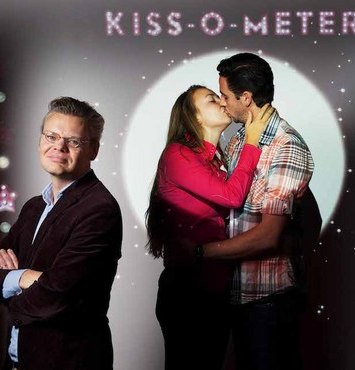Put that tongue away: French kissing passes on 80 million new bacteria
A 10-second kiss on the lips can transfer as many as 80 million bacteria into a person’s mouth, a new study from the Netherlands finds. The study also found that couples that kiss at least nine times a day have similar microbial communities in their mouths. “During a kiss, you get exposed to many bacteria, but only a minor fraction of them are able to colonize the human body,” said Remco Kort, a co-author of the study and a professor of microbial genomics at the University of Amsterdam. More than 100 trillion microorganisms live in and on the human body — the collection is called the microbiome. These bacteria help people digest food, synthesize nutrients and prevent disease, and the community is shaped by genetics, diet and age.
The tongue is where the bacteria find a niche, and they colonize there over longer periods of time.
Remco Kort, co-author of the study
But kisses can also change your microbiome, according to the study, published today (Nov. 16) in the journal Microbiome. The study included couples that the researchers found walking around at the Artis Royal Zoo in Amsterdam. The researchers asked 21 duos — including two gay couples — how often they kissed over the past year, and how long it had been since their last intimate kiss. They also swabbed the couples’ mouths to take samples of the bacteria on each person’s tongue and took spit samples to gauge their salivary bacteria before and after a kiss. People who kiss frequently have similar oral microbiota, the researchers found. The study also found that the bacteria on the couples’ tongues were more similar than those in their saliva.

Health bacteria